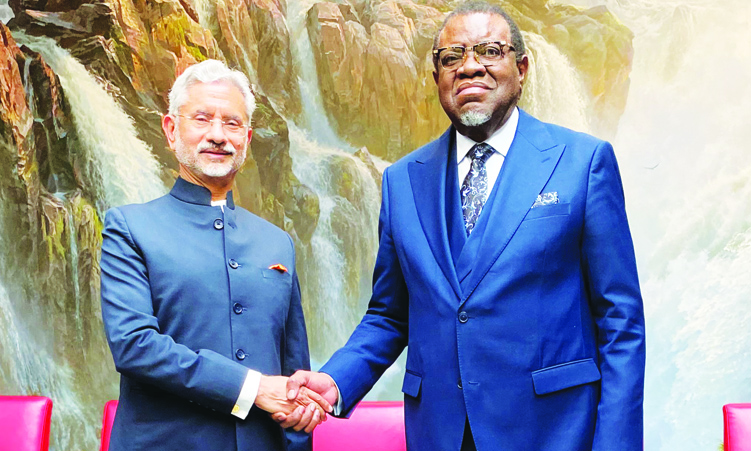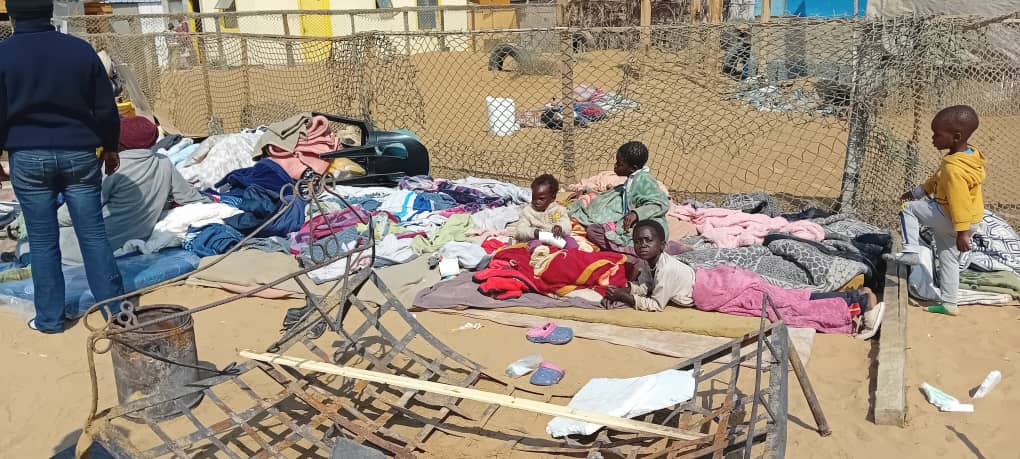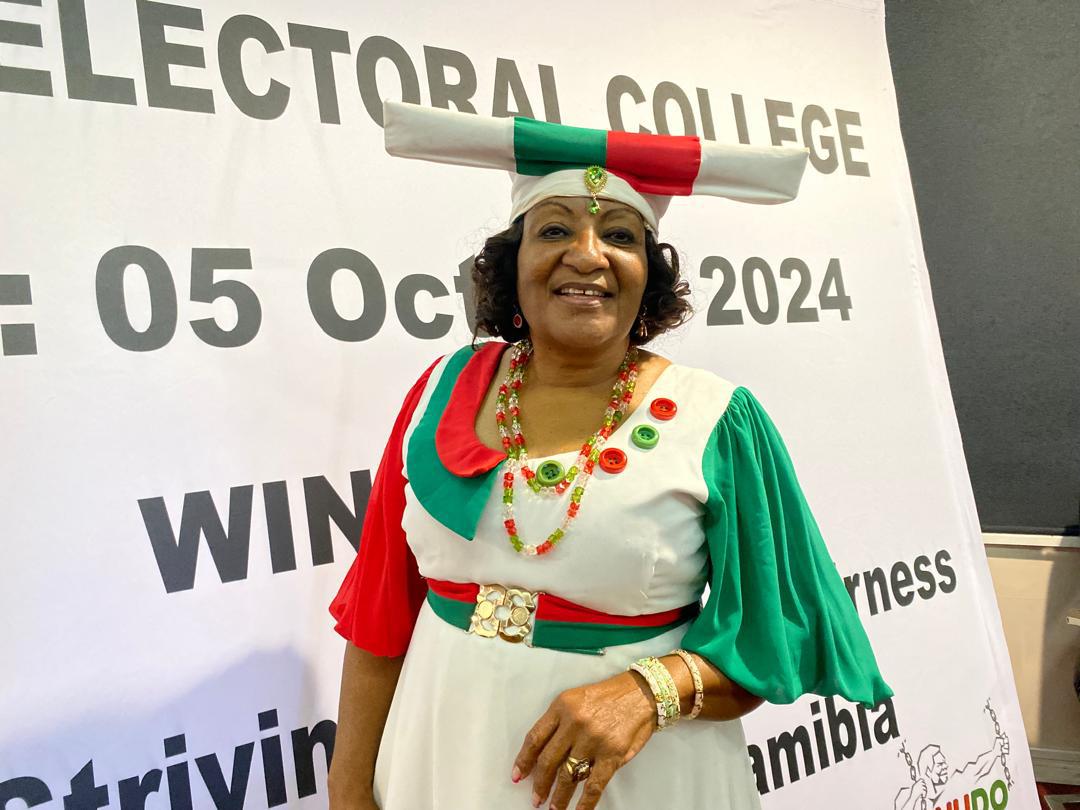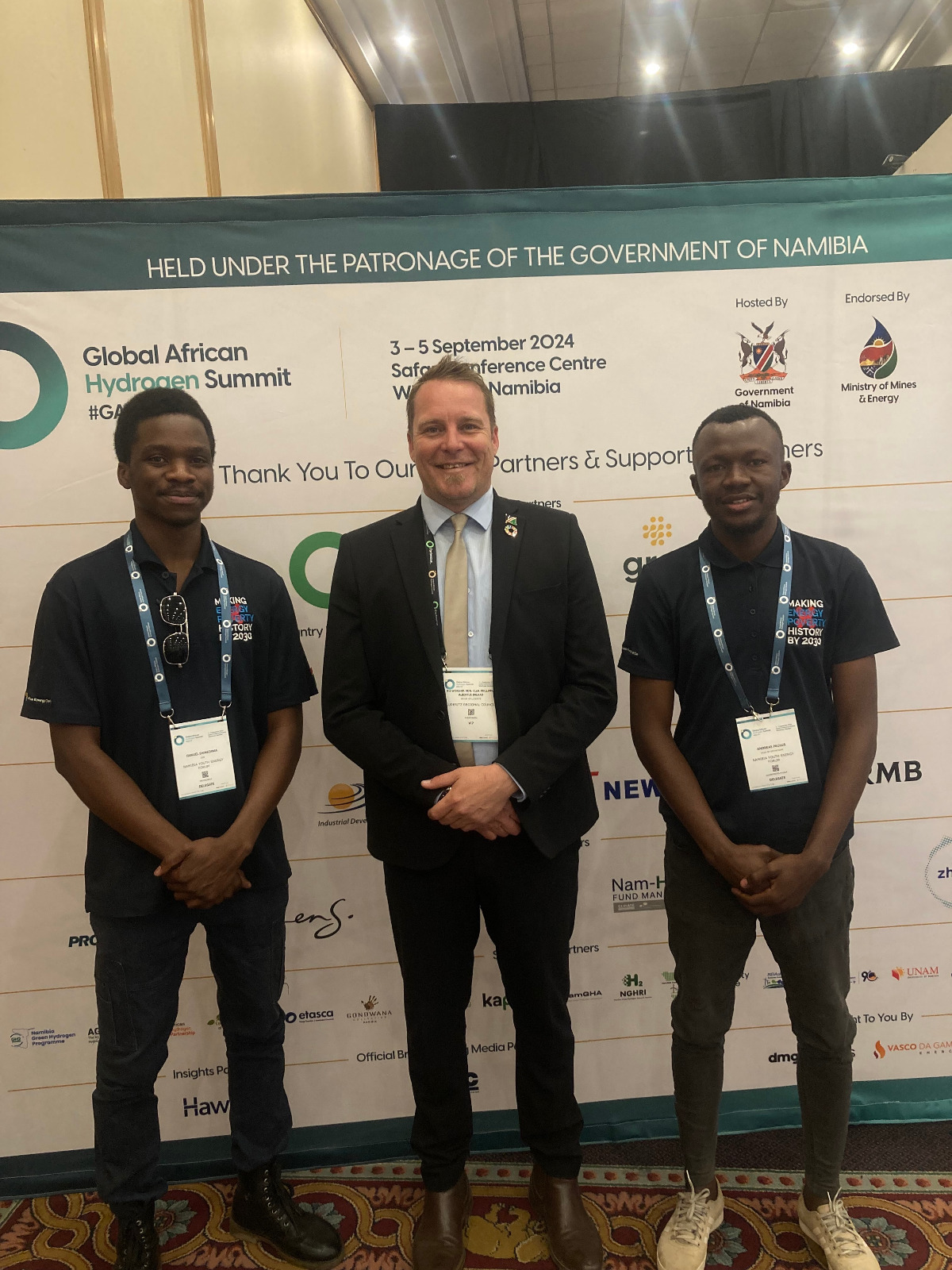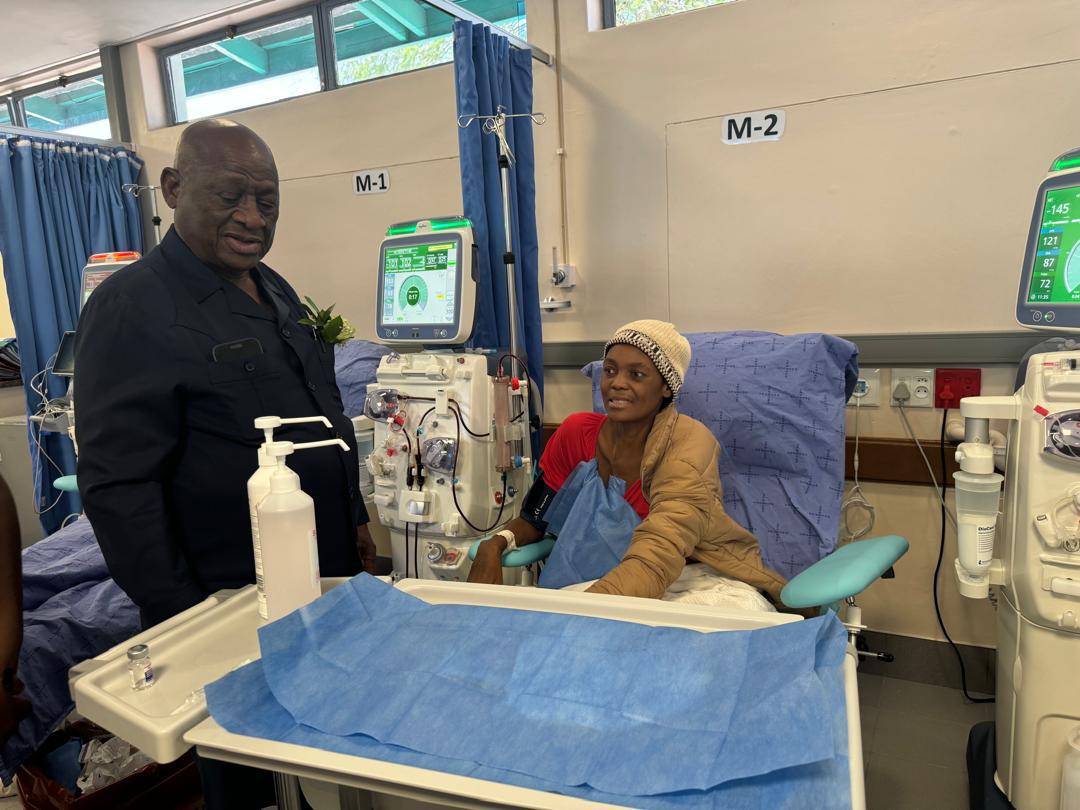President Hage Geingob and India’s external affairs minister, Subrahmanyam Jaishankar, yesterday said the countries of the global South must stick together, because they “don’t have a choice”.
Jaishankar yesterday paid Geingob a courtesy visit during the first joint commission between India and Namibia.
The external affairs ministry told the president there is a call for cooporation between these countries.
“Because we countries of the South really need to stand by each other when it comes to energy supply,” Jaishankar said.
“We don’t have a choice,” Geingob responded.
The president later said Namibia is open for business.
“…and we listen more to old friends with more experience. We are opening our doors to all countries,” he said.
Jaishankar said India has a strong interest in the energy sector, because they are the world’s third-largest energy consumer.
“Some of it is fossil fuels, oil and gas, but many of our companies are deeply involved in green hydrogen. It is also an area we will be very keen to work in,” he said.
ENERGY INTEREST
Namibia’s current ambition to become a global supplier of clean and green energy has attracted the interest of several countries.
In March, Geingob met with the administrator of China’s National Energy Administration, Jianhua Zhang.
Jianhua’s meeting with Geingob came as China’s renewable energy projects are struggling to get access to land, while in some areas,
the grid cannot absorb all the power generated, the country’s energy authority said, as it called for further policy support for the fast- growing industry.
“…so that we can assist Namibia to translate your rich resources to development and advantages,” Jianhua said.
He called on Chinese companies “that are capable and experienced” to come to Namibia.
“…and explore the possibilities of cooperation in areas that are of Namibia’s top priority, like green hydrogen and oil and gas,” he said.
Similarly, ambassador Weiping expressed interest in Namibia’s green hydrogen development.
“Namibia has some unique advantages that will be a success in delivering this green hydrogen agenda,” he said.
Last year, European Union commissioners visited the country to sign an agreement to export critical raw materials and green hydro- gen to European countries to ensure that Europe ceases its dependency on Russian gas.
JOINT COMMISSION
Jaishankar yesterday signed the inaugural joint agreement between Namibia and India on areas of cooperation.
Namibia’s minister of international relations and cooperation, Netumbo NandiNdaitwah, said the two countries will cooperate in the elds of trade and investment, agriculture, capacity building and health.
Political analyst Ndumba Kamwanyah says the two authorities’ statements should be viewed within the current complex geopolitical space and the signicance of the Brics countries, which are Brazil, Russia, India, China and South Africa.
These countries represent 43% of the world’s population, and 16% of the world’s trade, he says.
India and China have used Western-led boycotts of Russian energy to secure cheaper oil, gas, and other commodities, he says.
Kamwanya says the West’s sanctioning of Russia, upon which many countries in the South depend for trade, is uniting countries in the South.
“In addition, the West’s attempt to try to force countries, especially African countries, to choose sides is another contextual factor for their statements,” Kamwanyah says.
Stay informed with The Namibian – your source for credible journalism. Get in-depth reporting and opinions for
only N$85 a month. Invest in journalism, invest in democracy –
Subscribe Now!


